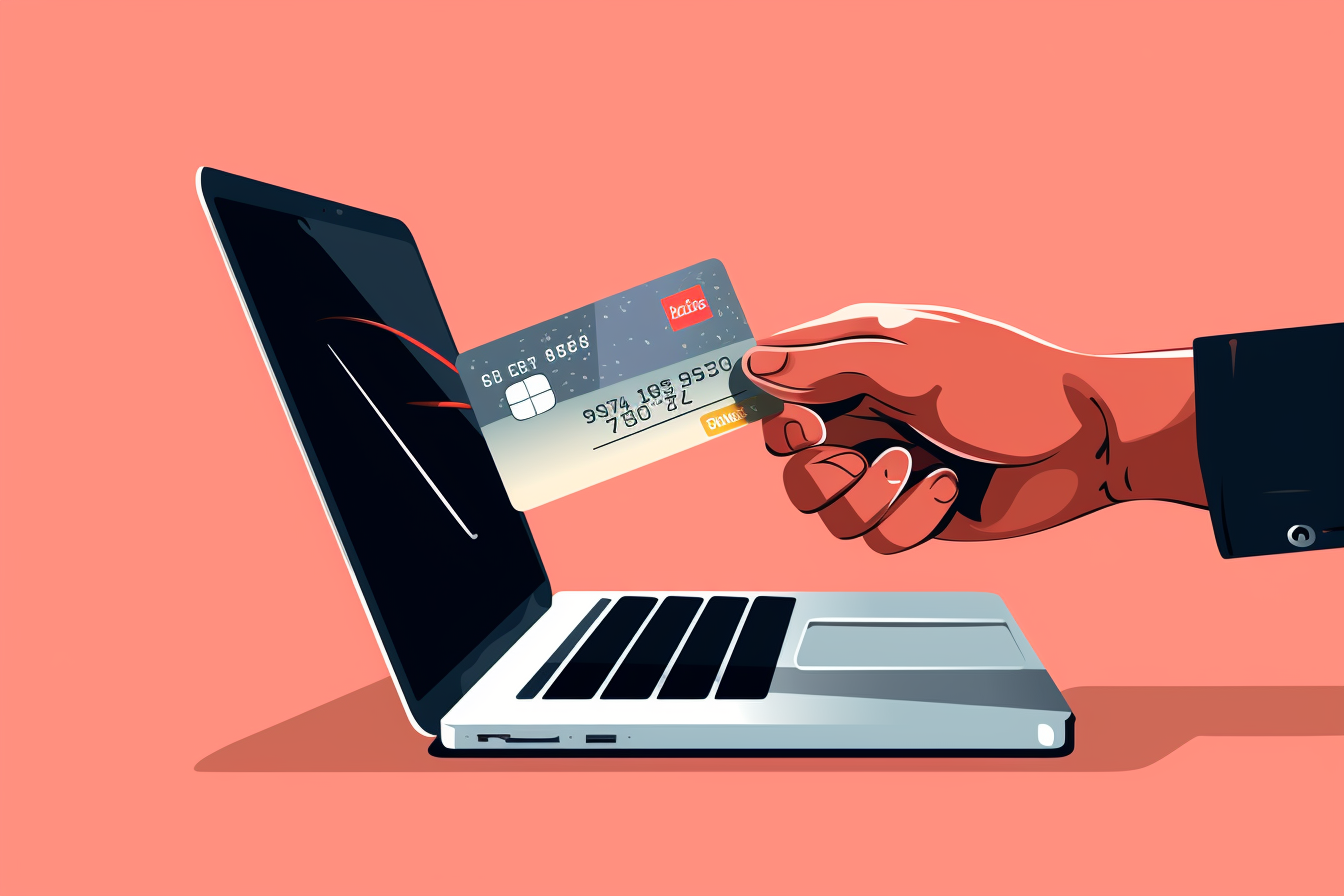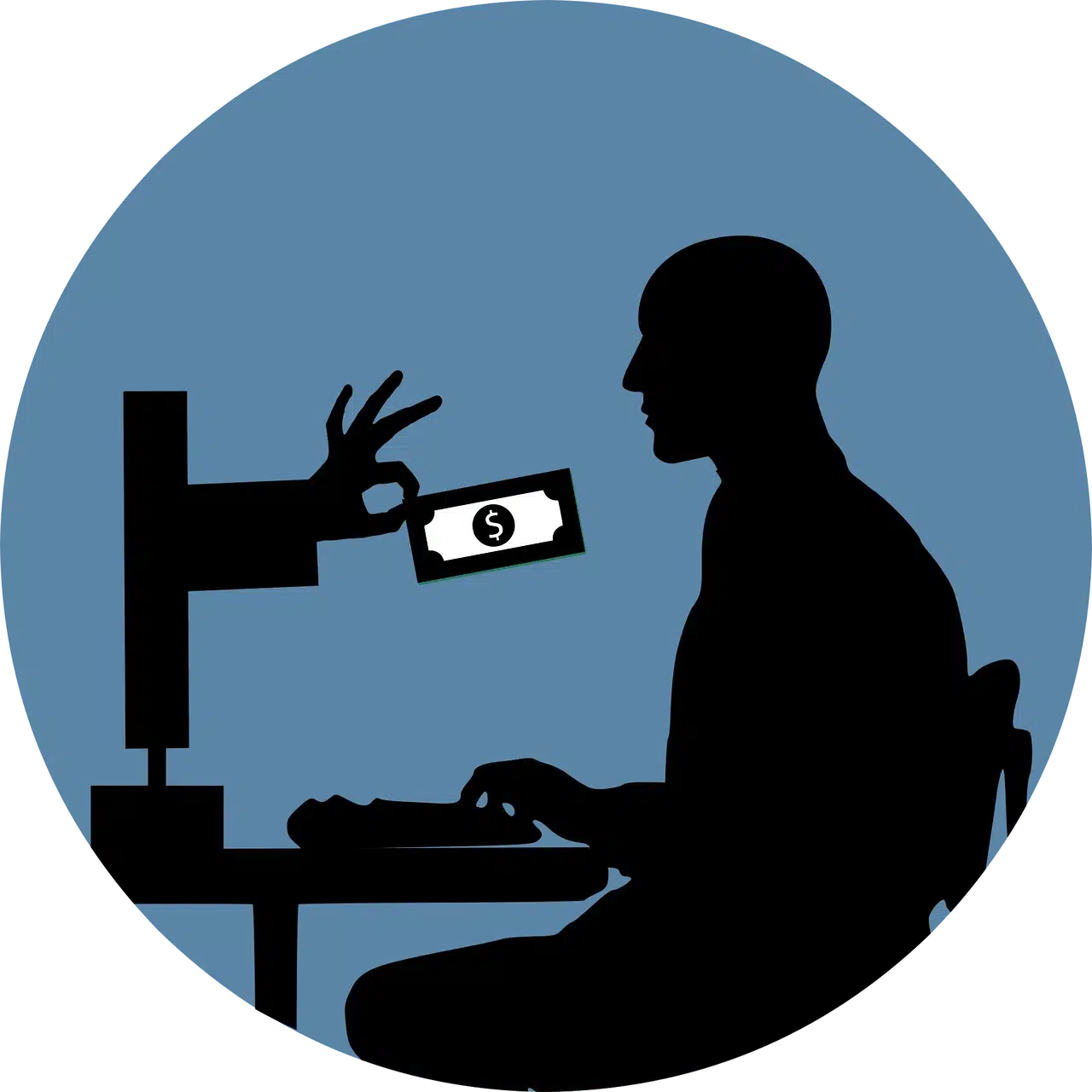Don’t Get Fooled! Your Ultimate Guide to Authentic Freebies

Prepare to embark on a journey of discovery, where the line between genuine treasure and deceptive mirage blurs. Join us on this adventure, and arm yourself with the knowledge you need to navigate the alluring yet potentially treacherous realm of free offers. Your journey to wisdom begins now as you delve into the intriguing world of ‘free,’ a narrative ripe for your exploration.
The Nature of Genuine Freebies
Firstly, it’s essential to understand what genuine freebies are. These are products or services offered for free by companies as part of their marketing strategies. They aim to attract potential customers, create brand awareness, or gather feedback for product improvement. Genuine freebies come with no hidden costs and don’t require you to purchase anything.
However, it’s important to note that while genuine freebies are free, they may require some effort on your part, such as filling out a survey or signing up for a newsletter. This is a small price to pay for a free product or service.
Recognizing the Red Flags of Scams
Scams often come disguised as freebies, but there are telltale signs to look out for. One common red flag is a freebie offer that requires you to provide sensitive personal information, such as your credit card details. Genuine freebies will never ask for such information.
Another warning sign is an offer that seems too good to be true. If a freebie offer seems overly generous or lacks clear terms and conditions, it’s likely a scam. Always remember, if it seems too good to be true, it probably is.
Ensuring Authenticity
Always verify the source of the freebie. Genuine freebies are typically offered by reputable companies. Check the company’s official website or social media pages to confirm the offer. Be wary of freebies offered by unknown companies or individuals.
Also, be cautious of freebies offered through unsolicited emails or pop-up ads. These are often phishing scams designed to steal your personal information.
Checking for Reviews and Feedback
Before claiming a freebie, check for reviews and feedback from other users. This can provide valuable insight into the legitimacy of the offer. However, be cautious of overly positive reviews as these can be fabricated.
Also, check for feedback on the company offering the freebie. A company with a history of scam complaints is a red flag.
Protecting Your Personal Information
Never provide sensitive personal information for a freebie. Genuine freebies will only require basic information, such as your name and email address. If an offer asks for more, it’s likely a scam.
Also, be cautious when signing up for newsletters or surveys. Make sure the company has a clear privacy policy and won’t share your information with third parties.
DecodingTerms and Conditions
Always read the terms and conditions of a freebie offer. This can reveal hidden costs or obligations. If the terms and conditions are unclear or non-existent, it’s best to avoid the offer.
Also, be wary of freebies that require you to sign up for a subscription or purchase a product. These are not genuine freebies but marketing tactics designed to make a sale.
Reporting Scams
If you encounter a scam, report it to the relevant authorities. This can help protect others from falling victim to the same scam.
Also, share your experience with others. Word of mouth is a powerful tool in combating scams.
Staying Informed
Stay informed about the latest scams and how to avoid them. Knowledge is power, and the more you know, the better equipped you’ll be to spot genuine freebies and avoid scams.
Discovering the Real Deals
In the world of ‘free,’ you now possess the knowledge to distinguish the genuine from the counterfeit. Armed with these insights, embark on your freebie hunting journey with confidence, and may you uncover countless authentic treasures while avoiding the treacherous pitfalls of deception. Happy hunting!





